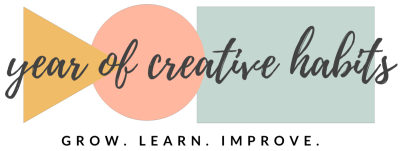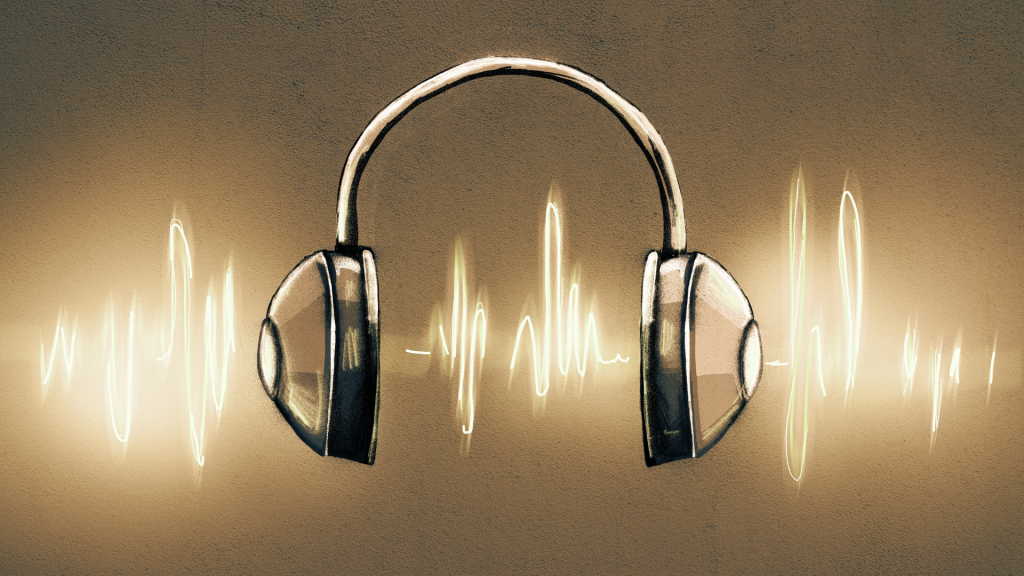Are you an aspiring artist looking to share your music with the world? Or perhaps you’re a business owner looking for the perfect tune to complement your brand’s identity.
Whatever your reason may be, understanding what is music licensing is is crucial in today’s music industry. From sync licenses to mechanical licenses, it can all seem overwhelming and confusing at first glance.
Here, we’ll break down everything you need to know about music licensing and how it can benefit both artists and businesses alike. So grab a pen and paper, get ready to take notes, and let’s dive into the world of music licensing!
How to Get Started With Music Licensing
Licensing music for use in film, television, and other forms of media can be a complex and confusing process. There are many different types of licenses available, and the fees can vary widely. However, with a little research and guidance, it is possible to get started with music licensing.
Here are a few tips:
- Understand the basics of music licensing. There are two main types of licenses: performing rights licenses and mechanical licenses. Performing rights licenses allow the use of a song in public performances, while mechanical licenses allow the reproduction of a song on recordings or in other media.
- Determine which type of license you need. If you plan to use a song in a film or TV show, you will need to obtain a synchronization license from the copyright holder. If you want to release a recording of a song, you will need to obtain a mechanical license from the publisher.
- Research the fees for each type of license. The fees for synchronization licenses can vary widely depending on the project and the popularity of the song.
- Mechanical license fees are typically based on the number of copies that will be made (e.g., CDs, digital downloads).
- Contact the copyright holder or publisher directly to request a license. In many cases, it is possible to negotiate directly with the copyright holder or publisher for a lower fee than what is listed on their website or in their standard contract terms.
- Be aware of common pitfalls. Some copyright holders may attempt to charge an upfront fee or demand additional payments for the use of a song in multiple projects. It is important to read any contracts carefully and make sure you understand all of the terms.
- Prepare for the future by registering your copyrights and registering with performing rights organizations like ASCAP and BMI. These organizations collect royalties on behalf of copyright holders, so it’s important to make sure that your works are registered with them to receive payment when they are used.
By following these steps, you can get started with music licensing and ensure that you are properly protecting your rights as a creator.
The Benefits of Music Licensing
There are many benefits of music licensing, including the ability to generate income from your music, the promotion of your music, and the exposure of your music to a new audience. Music licensing can also help you build relationships with other musicians and industry professionals.
Music Licensing and the Law
There are a few different types of licenses that pertain to music. The first is a performance license, which gives the licensee the right to publicly perform a copyrighted song. The second type of license is a mechanical license, which allows the licensee to reproduce and distribute copyrighted songs on CDs, vinyl records, or as digital downloads.
The last type of license is a synchronization license, which permits the licensee to use a copyrighted song in timed relation with other visual media, such as film or television. To obtain any of these licenses, the applicant must first contact the copyright holder of the song they wish to use.
Music Licensing Resources
There are a few different ways to go about music licensing, and the best way for you will depend on your needs and budget. If you’re looking to license music for a commercial project, you’ll need to work with a music licensing company. These companies specialize in securing the rights to use popular songs in commercials, films, TV shows, and other media. The downside is that it can be expensive to license music from these companies.
If you’re working on a smaller budget or want more control over the music you use in your project, you can try contacting the artist or copyright holder directly. This is often possible for independent artists and bands who own the rights to their music. Keep in mind that even if you secure the rights to use a song, you may still need to pay performance royalties to the artist when your project is aired or shown publicly.
Music licensing is an important part of the music industry, as it allows artists and labels to control how their music is used. It also ensures that creators are fairly compensated for their work. We hope this article has helped you better understand what music licensing is, why it’s necessary, and what steps you need to take when getting a license.
Knowing your rights in terms of music licenses can help protect your creative works while giving you peace of mind that they’re being used legally and properly.

